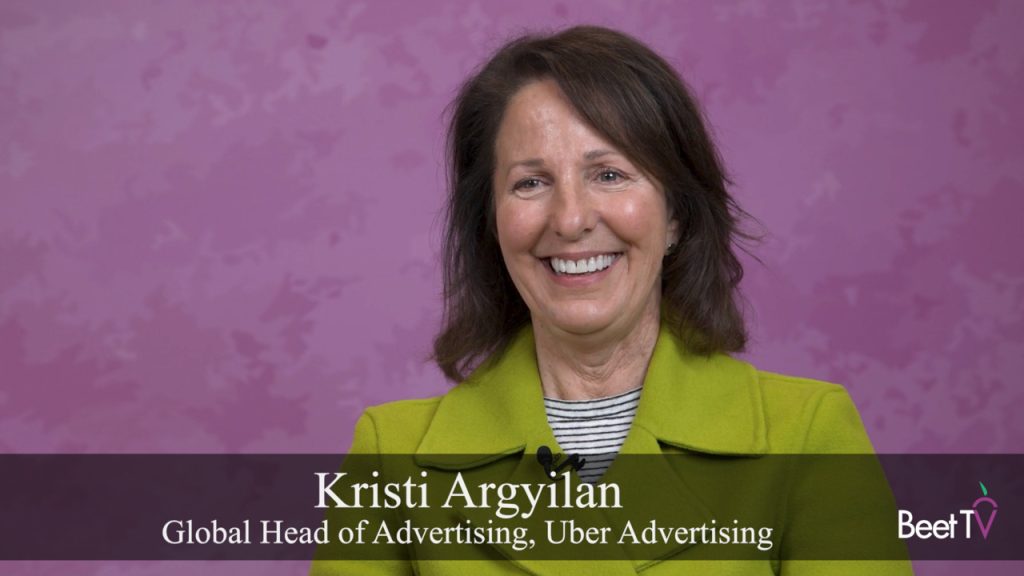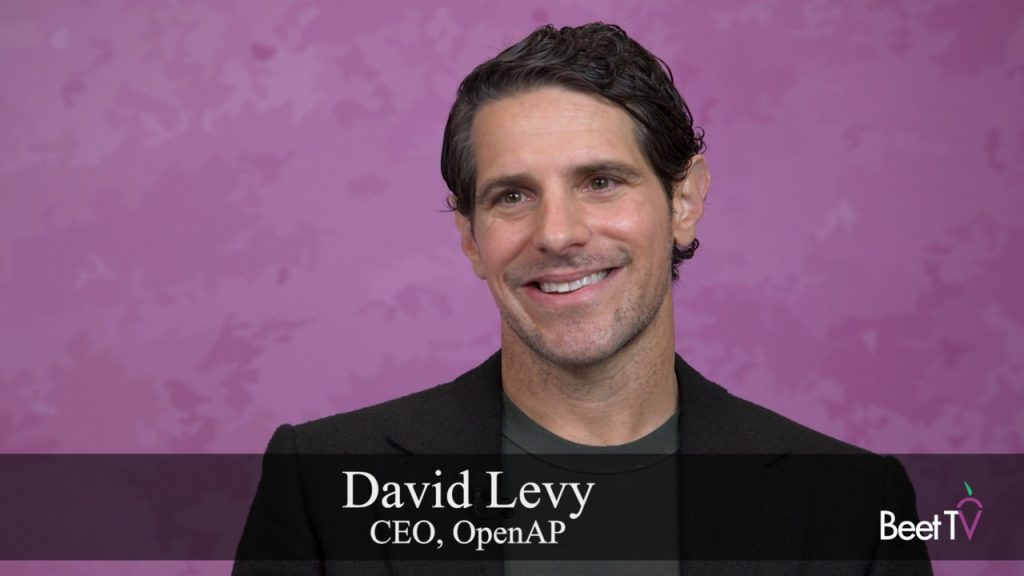The increased popularity of header bidding has spawned an outgrowth of header partners for publishers along with new container solutions, introducing complexity that can lead to heavy pages and slow loads—negatives for user experience.
OpenX is hoping to tidy up the multiple header partner playing field with its Meta solution, according to Qasim Saifee, the company’s SVP, Monetization Platform. The main problem is that most solutions are on the client side, meaning a user’s browser is sending signals to all header partners.
“The more header partners you stuff inside your header, the heavier the page becomes,” says Saifee. “The more code you have on your page, the more likely it is there will be a challenge when it interacts with each other and that’s going to lead to a problem with your page and your users.”
OpenX’s Meta speeds up the ad call process by making it server-to-server.
“Rather than have all partners called from user’s page there is a single call from the user’s browser to our meta solution,” Saifee says. “From our meta solution on our servers we are making lightening quick calls to every exchange partner, every marketplace that a publisher wants to use.”
The company is looking for mobile adoption of Meta as well.
“Think about a user on a mobile device. Bandwidth is scarce and if you’re calling multiple partners from the user’s browser it will make pages heavy and slow,” says Saifee.
Another target for Meta is video, which Saifee describes as “ripe for header bidding solutions” because in a scarce inventory environment publishers will be less inclined to work with marketplaces in the standard tag way.


























